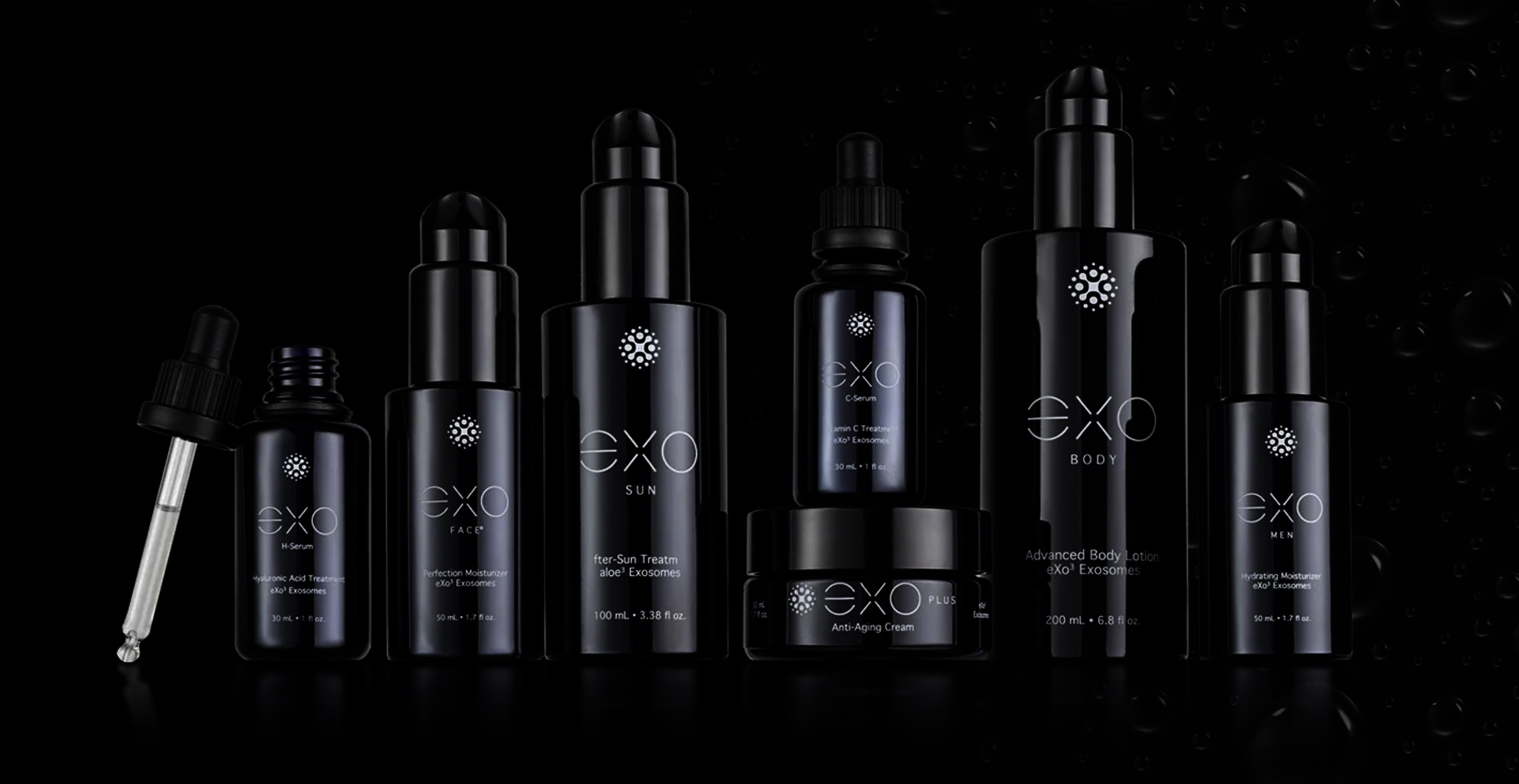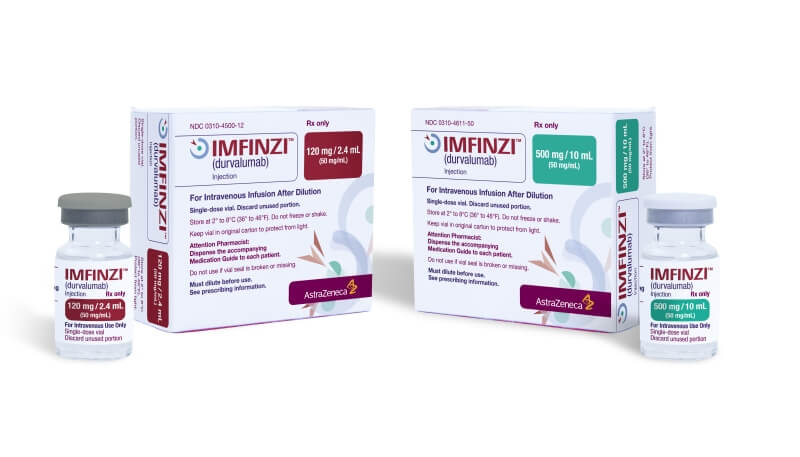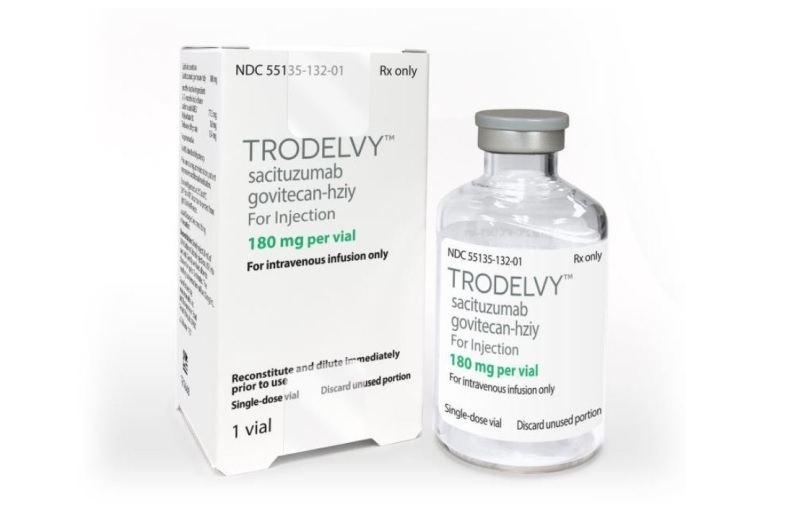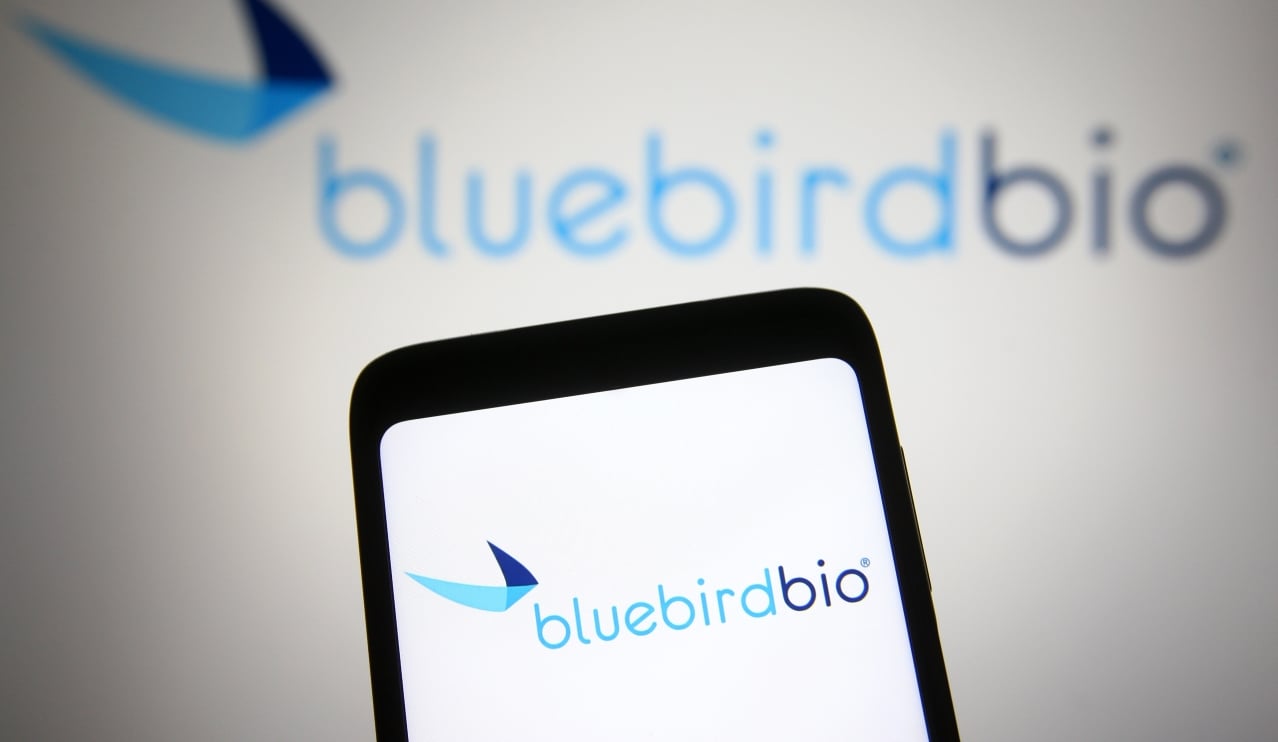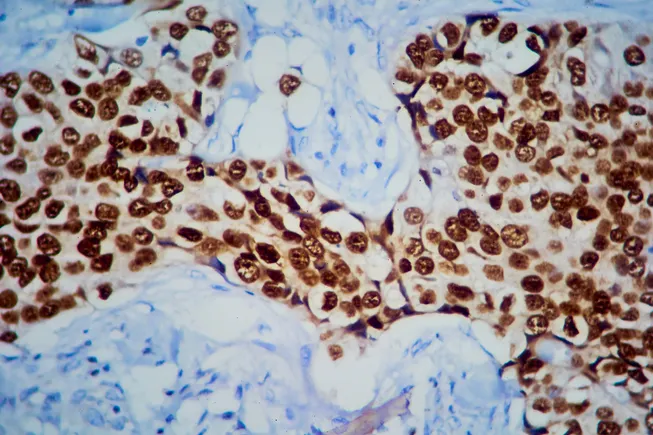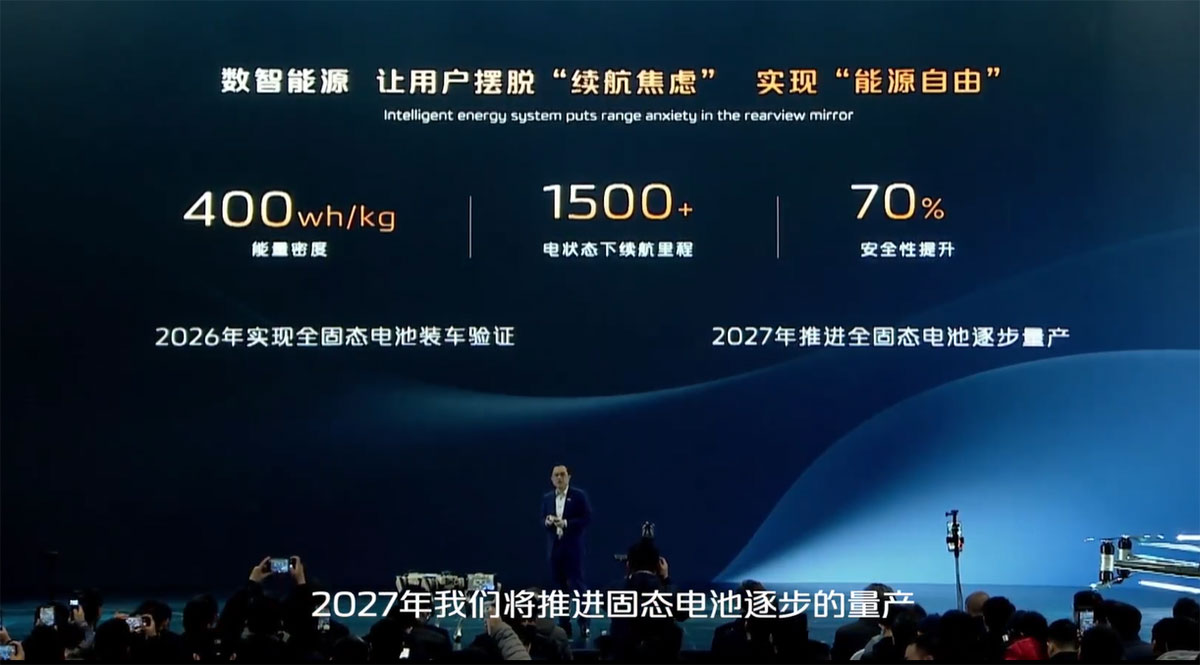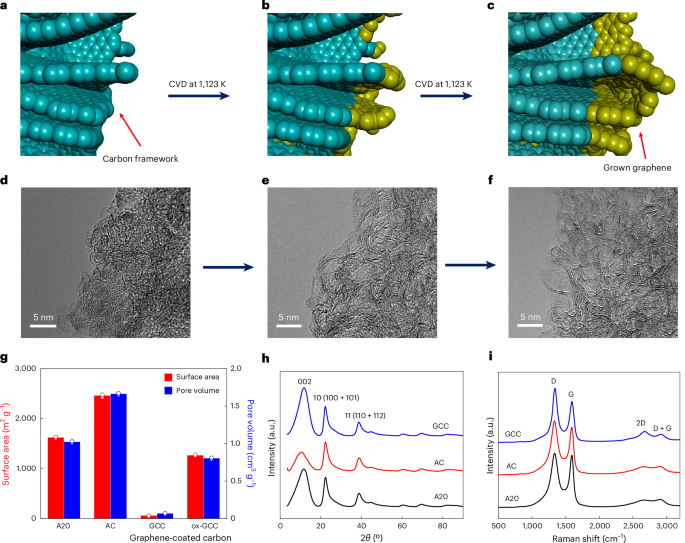Inflammation‐Targeted and Antioxidative Poly(Ferulic Acid) Nanoparticles Directly Treat Chronic Nonbacterial Prostatitis via Inhibiting Pyroptosis by Disrupting Nrf2/KEAP1 Multimer Formation and as a Robust Drug Carrier
Advanced Healthcare Materials, EarlyView.

Engineered PFA-Fa nanoparticles not only selectively target inflamed prostate tissue with enhanced precision but also intrinsically alleviate inflammation and pyroptosis—while uniquely combating oxidative stress by activating the KEAP1/Nrf2 pathway to promote Nrf2 nuclear translocation, offering a multifaceted therapeutic strategy for prostatic inflammatory diseases.
Abstract
Chronic nonbacterial prostatitis (CNP) is challenging to treat due to limited options. This study introduces a new approach using natural ferulic acid-based polymer nanoparticles to target CNP. Ferulic acid (FA) is polymerized into poly(ferulic acid) and forms nanoparticles (PFA NPs). Folic acid (Fa) is added for targeting, and celecoxib (Cel) is loaded, creating PFA-Fa@Cel NPs. These nanoparticles, ≈100 nm in size, have a 39% drug encapsulation efficiency, showing good stability, biocompatibility, controlled release, and anti-inflammatory effects, including reduced macrophage chemotaxis. PFA NPs demonstrated strong anti-inflammatory effects and targeted oxidative stress reduction while inhibiting pyroptosis. Mechanistic studies showed that PFA-Fa NPs disrupted the KEAP1/Nrf2 complex, leading to Nrf2 activation, enhanced antioxidant responses, and preservation of prostate epithelium integrity. In summary, PFA-Fa NPs effectively reduce inflammation, oxidative stress, and pyroptosis, while also delivering celecoxib to inflamed tissues, improving treatment efficacy for CNP. This approach shows significant clinical promise for CNP patients.














































